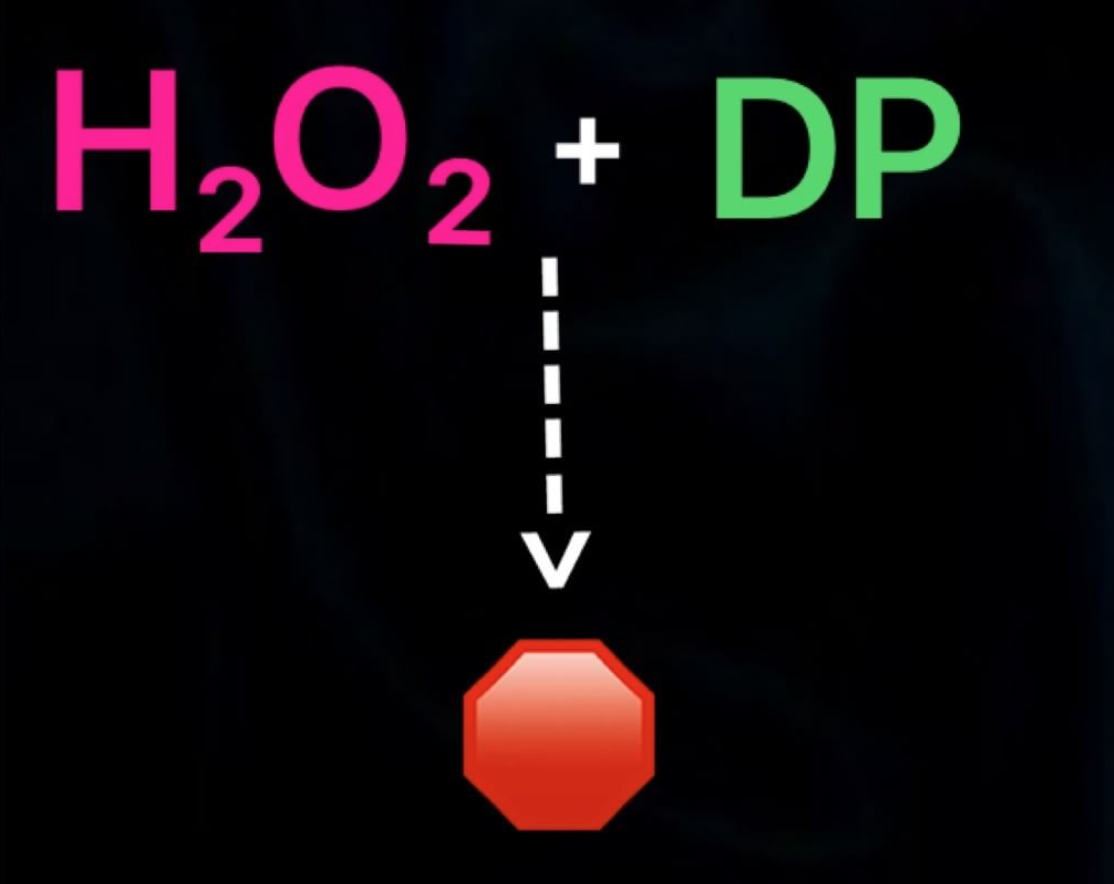Does hydrogen peroxide affect hair growth?
Hydrogen peroxide inhibits hair growth in lab models
This has been a question that has been discussed for some time. I have become increasingly interested in this topic as it is clear to me that at least for a small proportion of patients - hair salon visits can negatively affect their hair. Many people of course are fine and unaffected by hair dye. For others, however, the process of dyeing and bleaching can cause significant problems, including hair loss.
There are many potential reasons why someone using hair dye can raise concerns about hair loss that is potentially related to the dye. It is clear that the use of hydrogen peroxide in many dyes can induce "oxidative stress." This oxidative stress is toxic to cells.
A New Study Examines the Effect of H202 on Hair
Researchers from Korea set out to examine the effect of hydrogen peroxide on growing hair follicles in a laboratory setting. The researchers isolated hairs from a patient and grew them in a petrie dish. Then hydrogen peroxide at various concentrations was added. Results showed that H2O2 inhibited growth of hair follicles in a concentration dependent manner and did so by inhibiting a pathway inside cells known as the GSK3- beta pathway.
The evidence is accumulating that hydrogen peroxide has a growth inhibitory effect in vitro (in cultured and controlled conditions in a laboratory). More studies are needed to understand if and how hydrogen peroxide actually affects growing hair follicles deep under the scalp and whether the thick and someone resilient skin layer actually allows hydrogen peroxide to get under the skin to affect dermal papillae or "DP." For now, if a patient truly feels that hair dye is affecting the hair, I advise searching for alternate means to color hair which avoids hydrogen peroxide. For many patients however, hair dye use continues to be unproblematic.
Colouring Hair When Hair Dyes are a Problem
In general, temporary type dyes are safer/better tolerated than semi-permanent and semi-permanent are better tolerated than permanent. The richness of the colors and how pleased patients are seems to go in the opposite order: permanent dyes create some of the nicest color effects. There are a number of dyes which are PPD free and free of ammonia, parabens, silicone, formaldehyde. There are several companies. For patients with a lot of issues, henna can be considered. Also, I find that many patients improve their tolerance with pre-shampooing with clobetasol propionate based shampoos (i.e. Clobex shampoo) the day before (or morning before). In general though, I have a pretty low threshold for recommending a patch test to rule out allergy in patients with problems to hair dyes.
Reference
Ohn et al. Hydrogen peroxide suppresses hair growth through down regulation of beta catenin. Journal of Dermatological Science 2018.
This article was written by Dr. Jeff Donovan, a Canadian and US board certified dermatologist specializing exclusively in hair loss.

